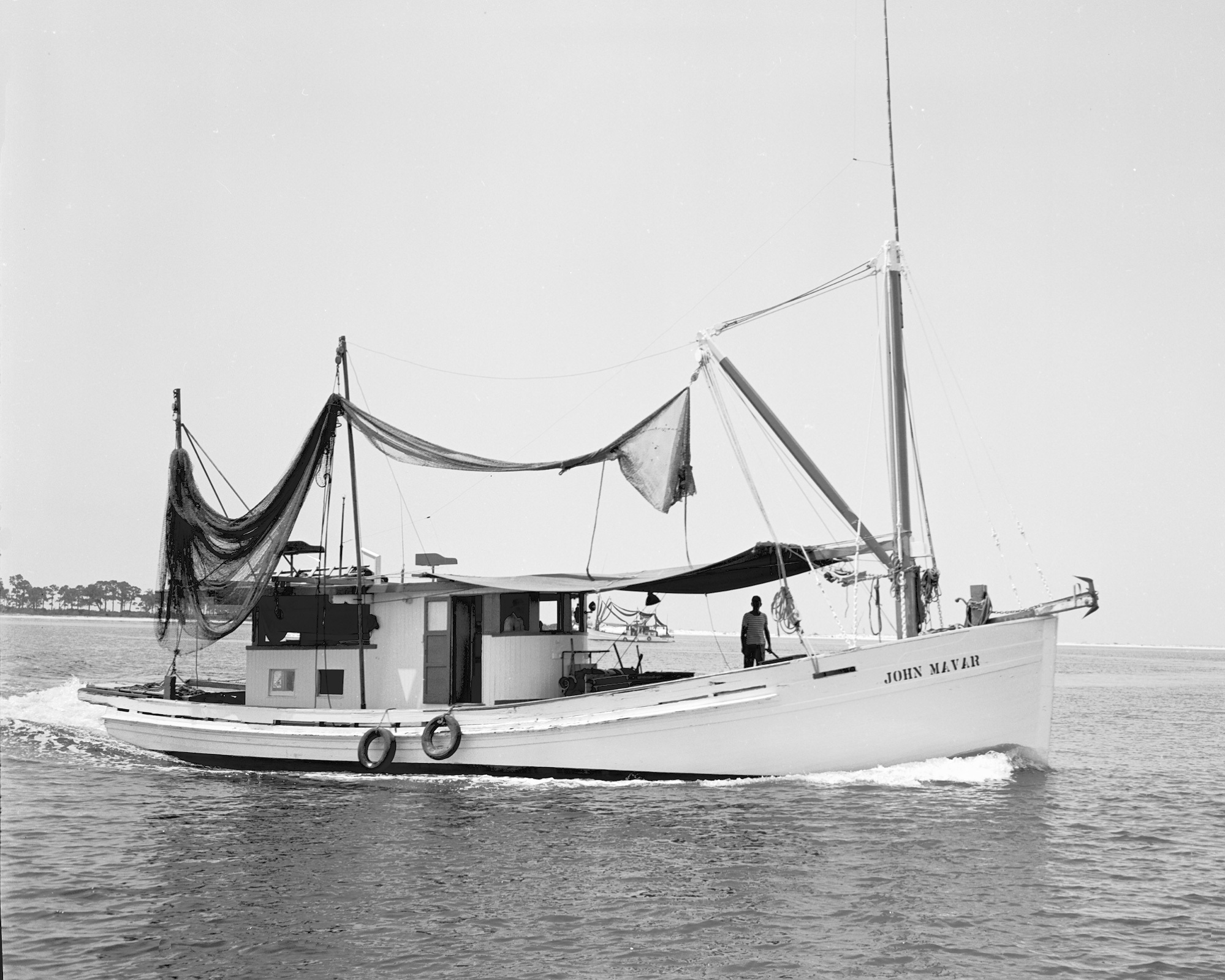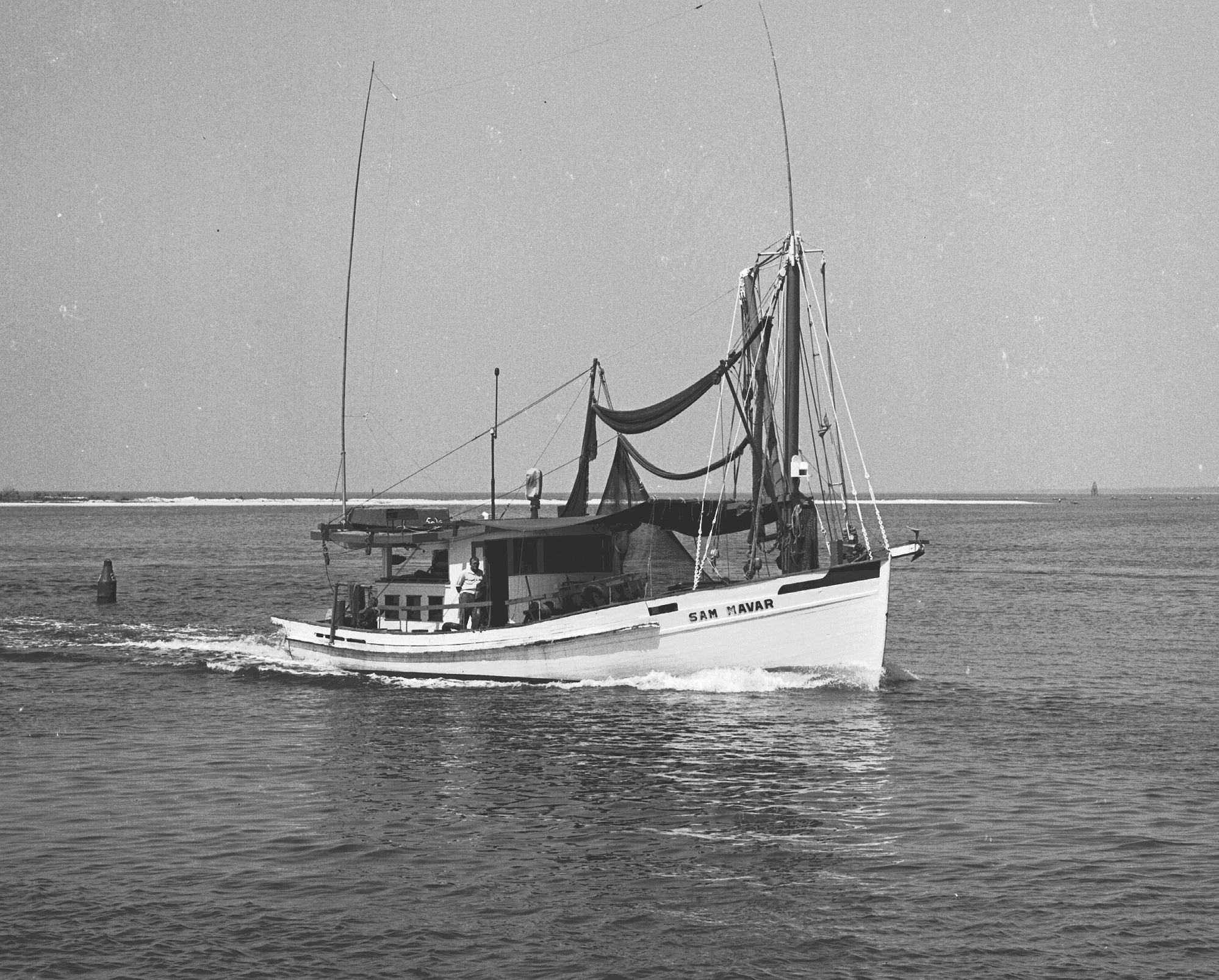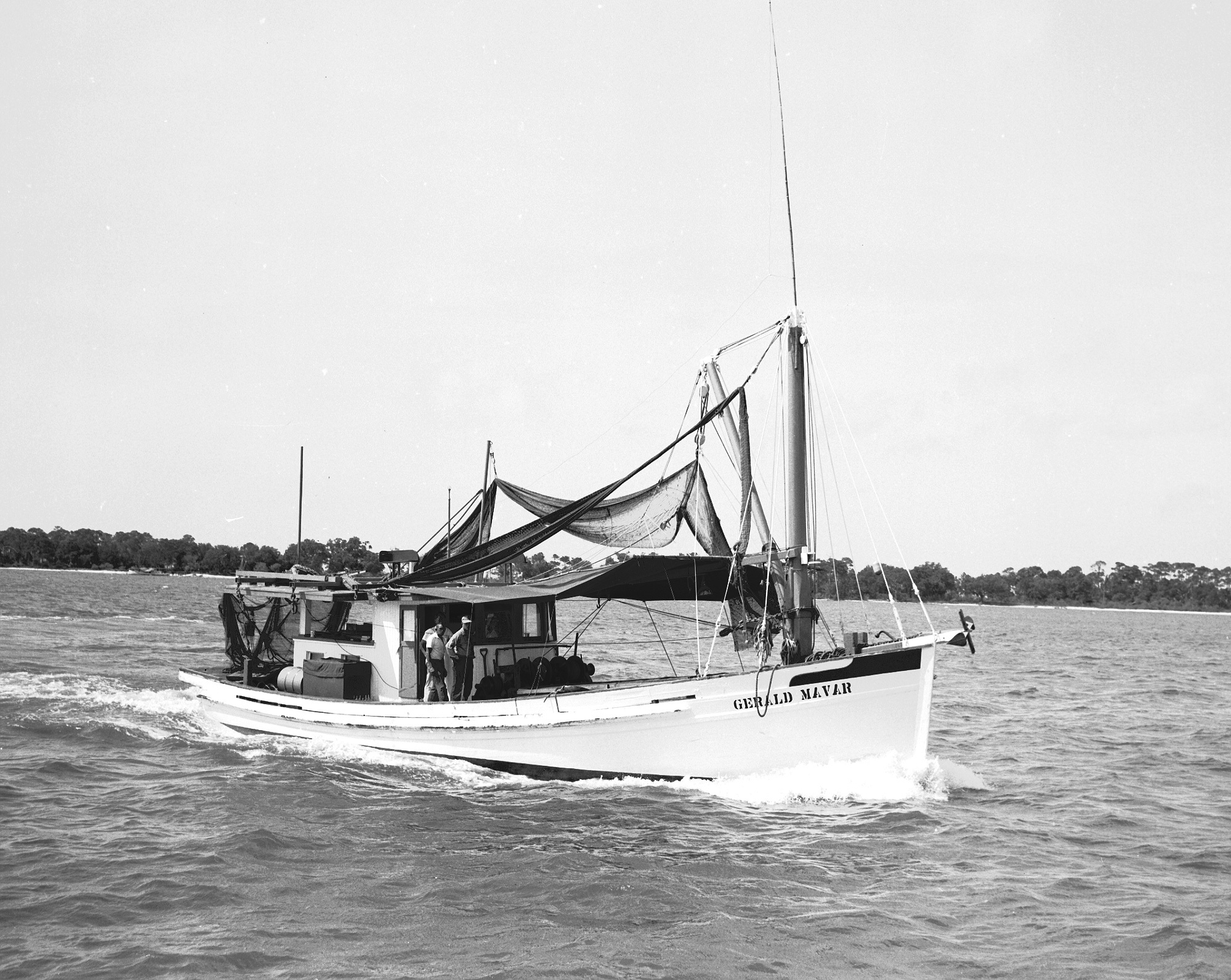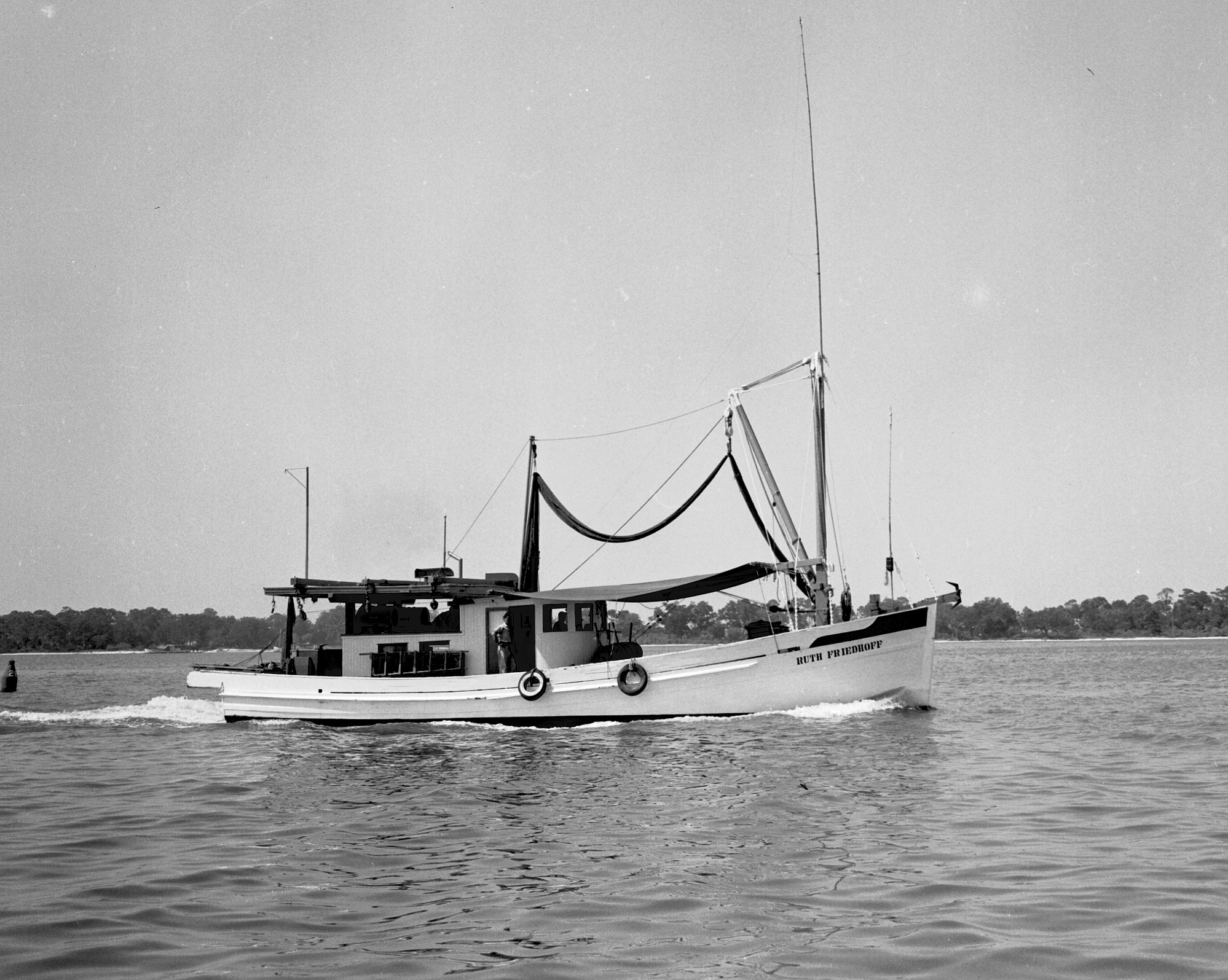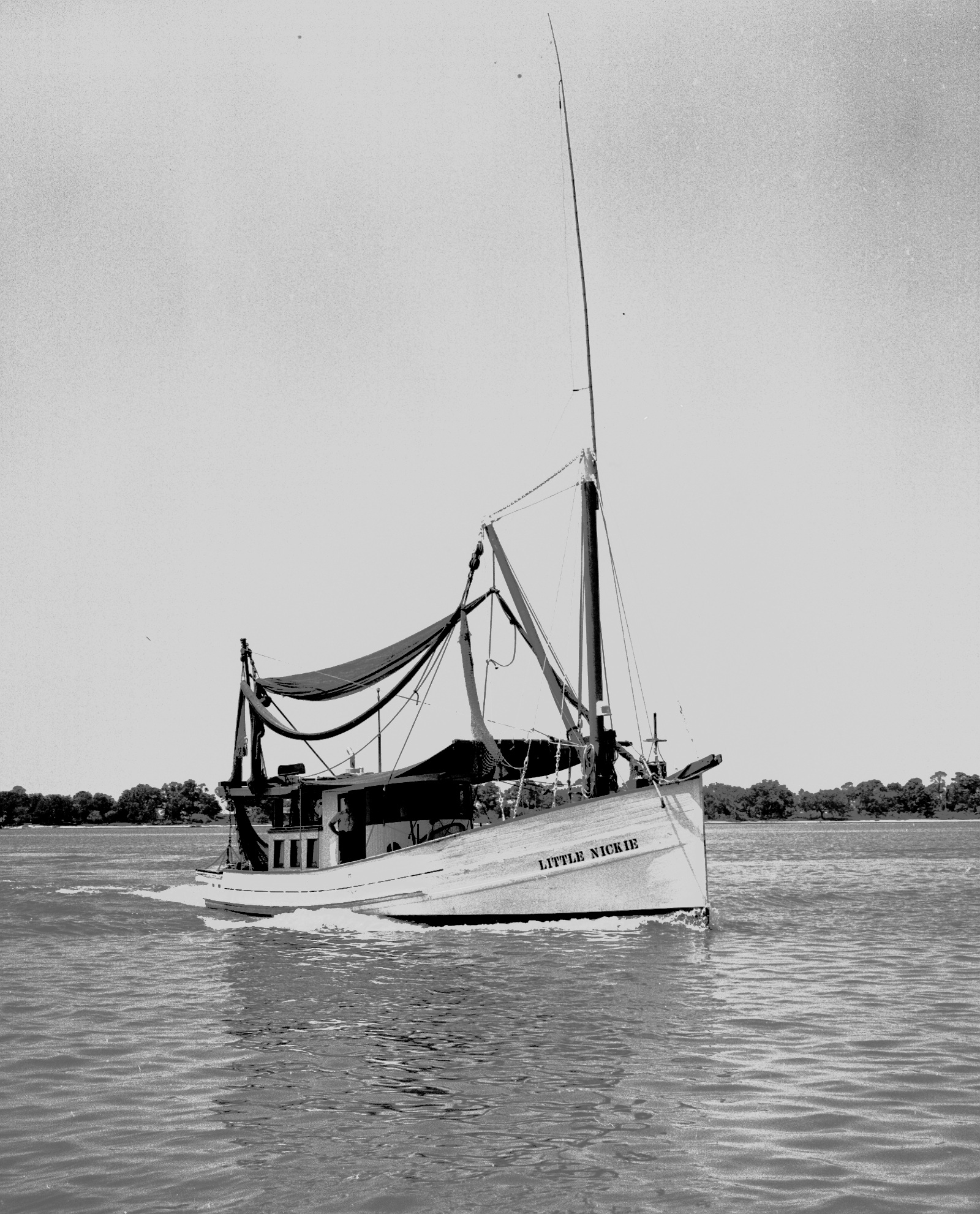A Brief History of the Biloxi Lugger Shrimp Boat
Posted by Biloxi Shrimp Co. on Jun 7th 2023
The shrimp boat that appears on the Biloxi Shrimp Co. logo is a model of fishing vessel that was known as a Biloxi Lugger — a style of shrimp and oyster boat that was perfected by the shipbuilding industry in Biloxi, Mississippi in the late 1800s. The lugger was one of the first "gas powered" fishing boats that came along in the seafood industry. Prior to that, shrimp and oyster fishermen used Catboat and Schooner-type boats which were powered by wind and sails.
The lugger became the fishing boat of choice by the late 1890s. Families with roots in Croatia brought their boat-making knowledge to the city, and both industries thrived on Biloxi's Back Bay, where Biloxi Shrimp Co. still processes our shrimp to this day. These families blended their wooden boat-building skills with gas-powered engine technology to build the luggers, which were sturdier and more versatile and only had a "three-foot draw."
A three-foot draw was a big deal back then. It meant that the boats could navigate fairly shallow waters if needed. The use of sailboats with keels prior to that meant that boats were limited to much deeper waters to keep from running aground. The gasoline-powered luggers were powerful enough to drag a funnel-shaped net that was thirty to thirty-five feet long called the otter trawl — a net which was known to be able to capture a lot of shrimp!
Mark Mavar's (one of the founders of Biloxi Shrimp Co.) family had a fleet of them at one time (pictured below) by the 1930s.
The shipbuilding industry grew as the seafood industry grew in Biloxi, and both industries thrived. According to the Mississippi Historical Society, shipbuilding was an exclusively male craft with skills learned from generation to generation. Often fathers taught their sons the trade. During World War II, shipbuilding along the Mississippi Coast evolved to meet the need for shipbuilding in the war. Men who once built luggers and other vessels found new employment in shipyards specializing in boats for the war effort.
Today, there are modern boat and shipbuilders across the Mississippi Gulf Coast that can trace their roots back to these simpler times when wooden boats were built by hand. The shrimp industry is more modern as well. Many shrimp boats have fishing technology and freezers on board, and the processing, which at one time was all by hand, has been made more efficient with modern innovations.
Hungry for shrimp? Visit our Shop page to order wild-caught Gulf shrimp to be shipped to anywhere in the country today!
The Mavar Fleet
